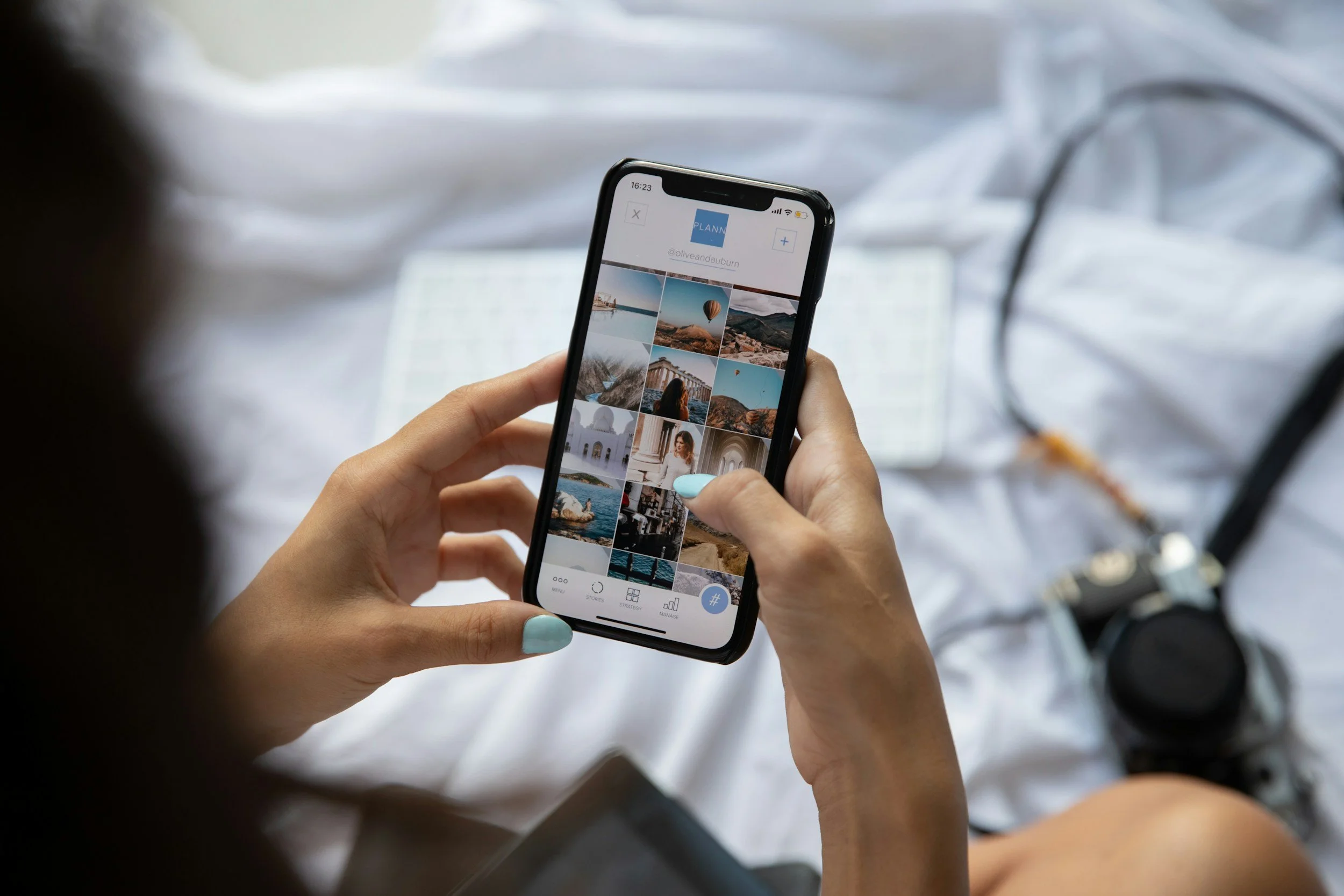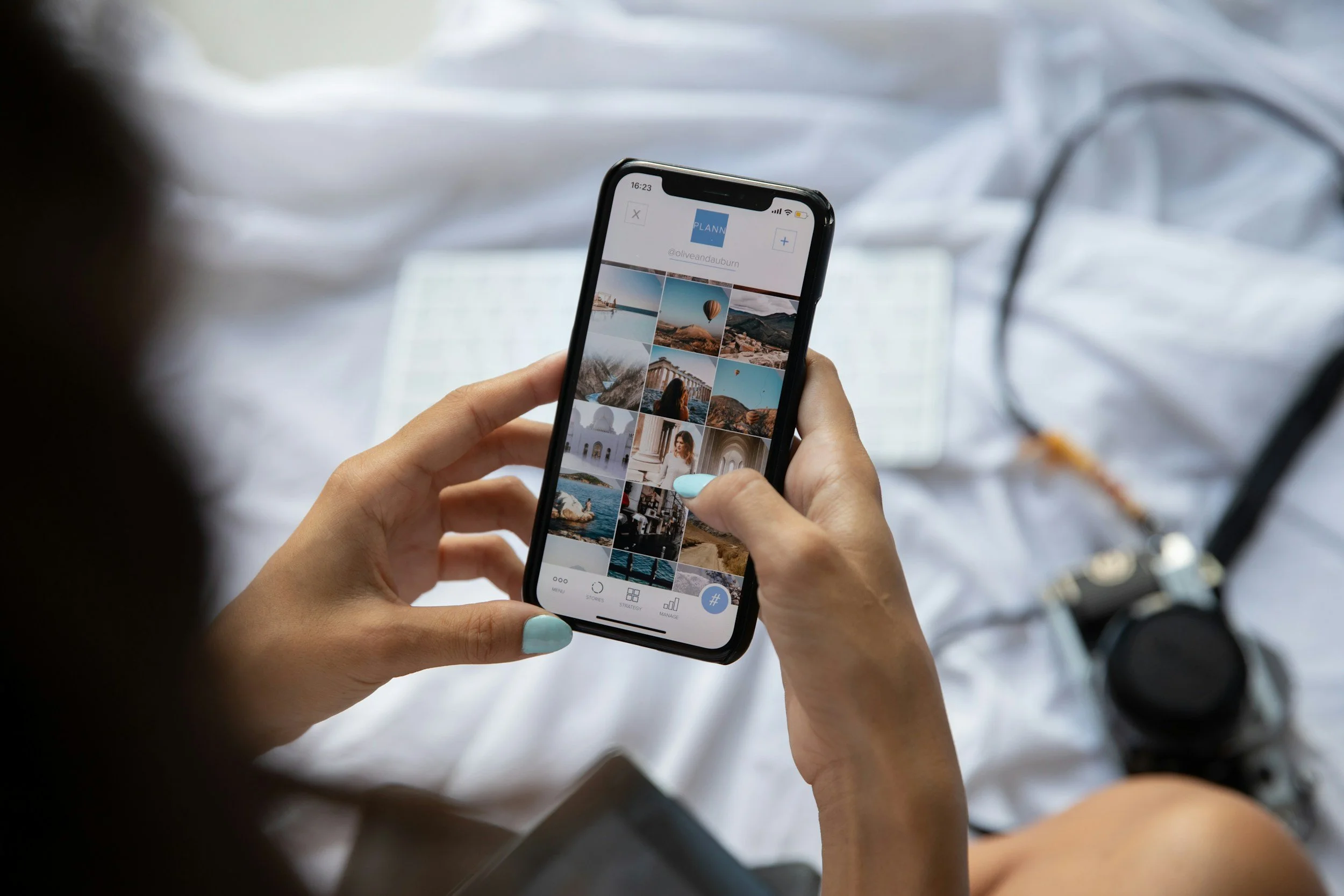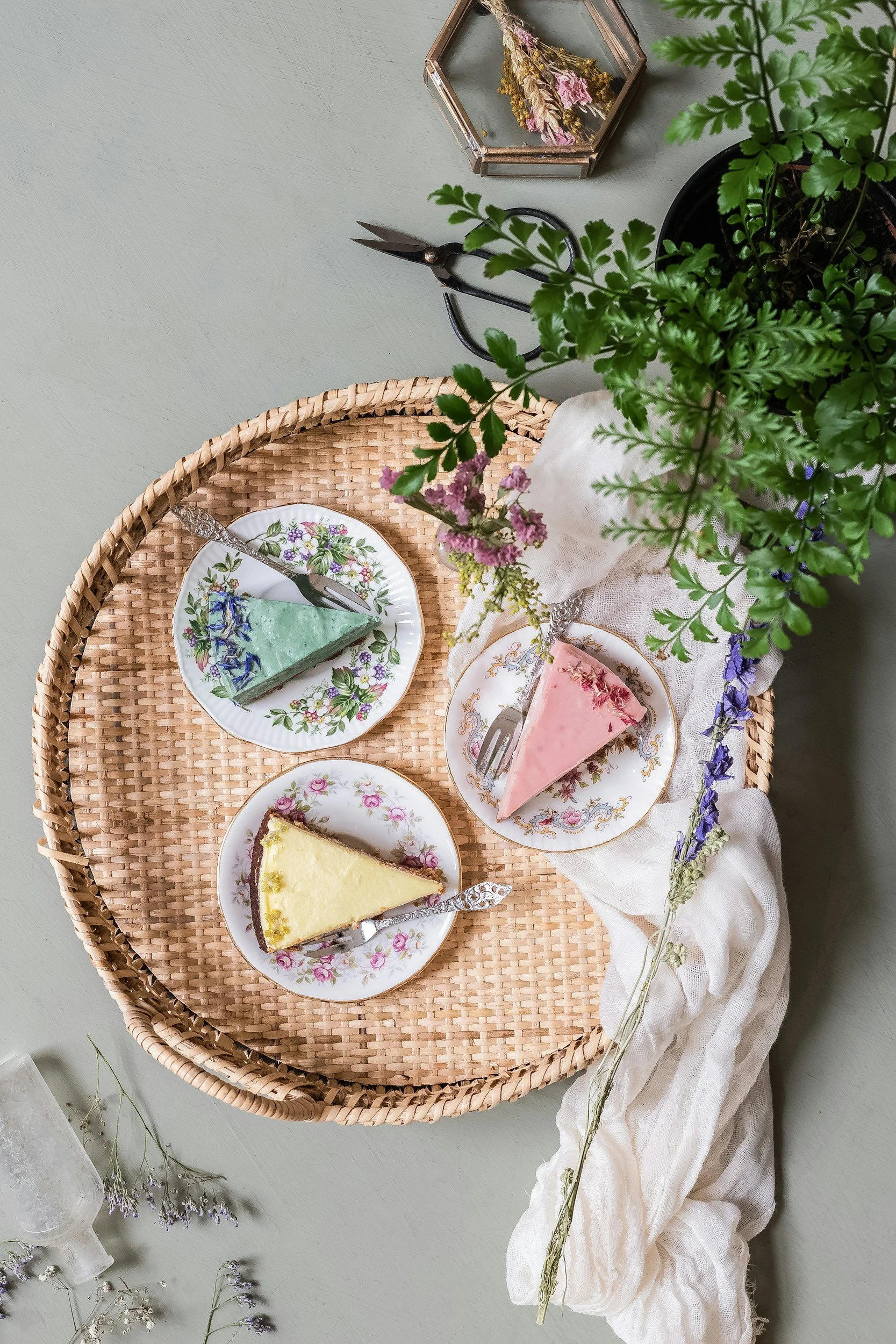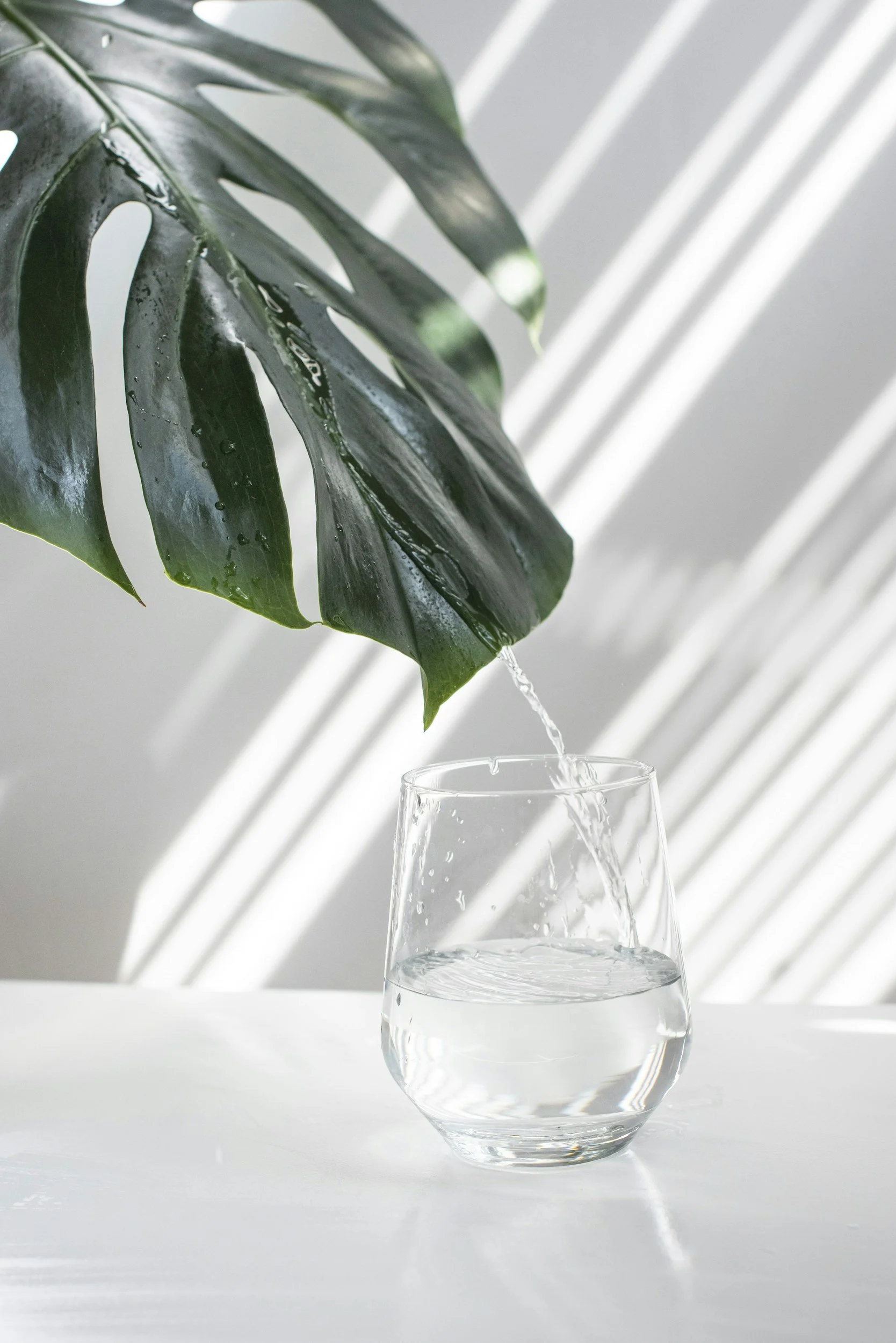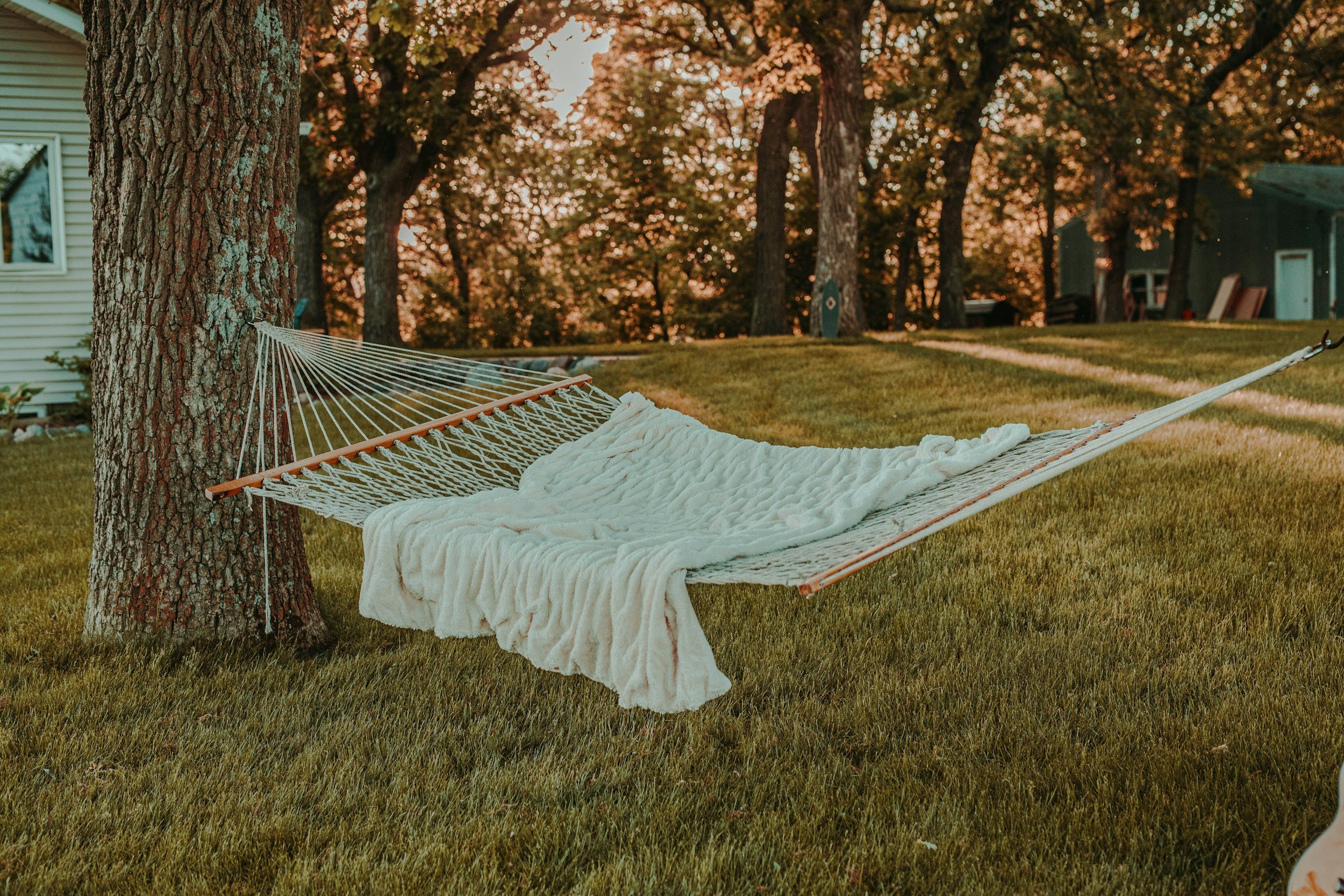Blog
High Cholesterol In Young Adults
We often associate high cholesterol levels with older adults. The reality is that millions of adults in North America who are under 40 years old have high cholesterol levels.
We often associate high cholesterol levels with older adults. The reality is that millions of adults in North America who are under 40 years old have high cholesterol levels.
It can be really jarring as a 30 year old to go for a routine check-up only to find out that your cholesterol levels are unexpectedly out of range. If you’re like many of my patients, your diet might not even be “that bad” which makes the test results even more frustrating.
Of course, one reason for high cholesterol levels in young, otherwise healthy people is genetics. Some people were born with genetic mutations that just make it harder for their body to metabolize cholesterol.
But this isn’t the case for everyone. Here are two risk factors that I find in many of my patients who are in their 30s and early 40s, eat reasonably balanced diets and still have high cholesterol levels:
1. Sedentary Lifestyle
Exercise keeps cholesterol levels in check in a number of ways. It boosts the production of good cholesterol and it helps your body utilize fat better. I have found that many of my patients may have decent diets, but they work all day at a desk and are often too tired during the week and too busy on weekends to even think about exercise. Many people have dogs to walk which definitely helps with getting steps in, but there is little vigorous cardiovascular or muscle-building exercise in their weekly routine.
I’m not judging here. I spend a lot of time sitting when I’m in the office and it always takes effort to motivate myself to exercise. That being said, I do my best to keep my reasons for exercising at the forefront of my mind which helps me push myself to do 20 minutes of YouTube exercise most days. It doesn’t take much, start with 10-20 minutes a couple times a week and build from there.
We want to aim for at least 150 minutes of moderate-vigorous cardiovascular exercise each week (e.g. brisk walking, swimming, cycling) plus 2 days a week of muscle building exercise like yoga or weight lifting. If walking your dog is not getting your heart beating faster and getting you panting a bit, it may not be vigorous enough.
2. Stress
I’m not just blaming stress because I work in the mental health field. It is well accepted that stress can increase cholesterol levels. This is due to a couple different processes that happen in the body. Stress can increase the release of stress hormones (like cortisol) which in turn makes the body release more fat into the blood stream. Stress makes the body think that it’s gearing up for danger so it wants to have energy on hand in the blood stream. Long term, this can lead to elevated blood cholesterol levels in your test results and plaque formation in the arteries.
Managing cholesterol takes a multi-pronged approach that may involve diet changes, exercise plans, stress and sleep support, medication and natural supplements. If you’re young and your cholesterol levels are high, try not to panic. Just think of this as an indicator that your body is asking for some extra help in certain areas. Luckily a lot can be done to manage cholesterol levels in many cases.
Quitting Social Media 6 Days A Week
I don’t need to tell you about the negative impacts of social media on our mental health and wellbeing. This has been a much discussed topic in the news and in the medical research world.
I don’t need to tell you about the negative impacts of social media on our mental health and wellbeing. This has been a much discussed topic in the news and in the medical research world. We have enough evidence showing that social media is not harmless. What I want to share with you is my own personal experience with dramatically cutting back on my social media time in the hopes that I may trigger some reflection for you about your own relationship with this technology.
Earlier this year I decided that I only want to engage with social media once a week. That meant no scrolling or posting or responding to messages outside of that one day a week. This decision was inspired by the realization that social media was taking up too much of my mental space and personal time. These realizations will probably sound familiar to you:
Instead of getting fully absorbed in an event or outing, I was taking pictures with the intention of posting on social media. As much as I tried to convince myself that this wasn’t impacting my experience, it was. I would frantically rush to capture picture-perfect moments and zone out at the end of the event to post away. It undeniably took me out of the moment.
My kids would often catch me scrolling during our family time together. I would miss out on little things they said to me and have to ask them to repeat themselves. It was nothing catastrophic and I was still very present with my kids overall, but this is not the model that I want my kids to learn from me.
As much as I like to think of myself as immune to comparison traps…I’m not. Like most humans, when I see others winning awards or achieving great things I can be hard on myself for not accomplishing “enough”. With social media you get to scroll past dozens of big wins each day (or hour)–more than you would encounter in normal life. I don’t think we were wired for something like that.
There were many other reasons but the point is, daily social media exposure was doing more harm than good. The benefits outweighed the risks and, in medicine, when that happens, it’s time to make some changes.
I decided to cut social media down to one day per week. There were many slip-ups and many days when I felt like I had to “make an exception” for this or that reason but now I’m pretty committed to it. I eventually started scrolling other apps (email, photos etc.) because my brain did not know how to kick the scrolling habit so I set limits on those apps too.
I often find myself actually dreading my social media day. I approach it like a hot oven–I just want to get in and out and close the door. It almost always leaves me feeling worse off.
Here is what reducing social media has done for me:
It cleared up the brain fog. We blame hormones, diet, inflammation and a myriad of other things for causing brain fog. These are all valid causes but I suspect social media scrolling is a big contributor as well.
I re-awakened my love for other hobbies like reading, journaling and watching actual movies (spoiler: they’re more entertaining and thought-provoking than 7 second videos).
It made me more present with my family and everyone in my life. Looking back, I’m horrified that I used to carry out conversations with people while scrolling through social media–that feels so rude now.
I found time to exercise more regularly and be more productive in general. Those little scroll sessions add up and eat away at your time.
I feel less doom and gloom while still being aware of global issues. For news, I’ll check out my local news website a couple times a week and that’s more than enough to keep me up to date with local, national and global events.
My mind is….quieter and I think that’s the most precious change. What a blessing it is to feel relief from the excess noise. I can hear myself think more and I think that is essential to living a richer and more intentional life.
I don’t think I’ve said anything shocking here. I’m sure you could have guessed at all of these benefits. I think the surprising thing to me is that having daily cut-offs (like banning all social media before 10 am) was not enough for me. I tried that and I found having full days without it was more impactful.
There are many people who rely on social media as part of their job and I hope they have found their own balance that supports their wellbeing. There are also many of us who think we need social media more than we actually do (I was one of them). For those of you in that category, I want to share that reducing social media did not interfere with my business. I don’t have a lot of followers and views but I still have a busy practice and that’s what counts for me (although, I recognize that this may not work for other types of businesses that rely on having high social media engagement). It was useful to work with experts in the past who helped me show up on social media more strategically so that I can make the most of my engagement when I am on there.
I’m actually considering reducing my social media further to just twice a month in the new year. Overall it’s been a fun experience and I want to see what more will happen to my mind and my life if I give myself that opportunity.
Silent Insulin Resistance Increases Your Risk of Depression
What do your blood sugar, cholesterol levels and triglycerides have to do with your mental health? They’re all quite connected, as it turns out.
What do your blood sugar, cholesterol levels and triglycerides have to do with your mental health? They’re all quite connected, as it turns out.
Gone are the days of us treating mental health issues as a purely psychological phenomenon. We now know that biological factors like inflammation, hormones and blood sugar greatly influence our state of mind.
Insulin resistance is common and often ignored until it progresses to diabetes. This is unfortunate because science tells us that insulin resistance can impact our wellbeing even before it leads to diabetes. Research consistently shows a connection between insulin resistance and mental health. A 2021 study by Rasgon et. al. found that those with insulin resistance had an increased risk of developing major depressive disorder over the 9 year follow up period of the study–even for those who never had depression or anxiety in the past.
What is insulin resistance?
Insulin resistance is not a specific disease in the same way that we think about diabetes. Insulin resistance is a state that the body can be stuck in long before diabetes shows up. When the body is in a state of insulin resistance, it means that it’s ignoring (or resisting) the instructions that insulin is trying to give to your body: make use of that sugar! When the body ignores those instructions from insulin, sugar is not used well by various parts of the body so it remains floating in the blood stream leading to elevated blood sugar.
It can be tricky to measure early stages of insulin resistance because it can fluctuate easily from moment to moment. There are many ways to test it and it’s common for some tests to come back normal and for others to show signs of insulin resistance.
In the study mentioned above, researchers measured insulin resistance in three validated ways:
They calculated the ratio of triglycerides to HDL
They measured abdominal fat
They assessed fasting plasma glucose levels
An increase in the triglyceride-HDL ratio, an increase in abdominal fat and rising plasma glucose levels over the years all suggest insulin resistance and they were all associated with a higher risk of developing major depressive disorder.
How do we treat insulin resistance?
Causes of insulin resistance include:
Being sedentary
Consuming more calories than your body needs
Not getting enough sleep
Poor stress management
So in many cases, the way to manage insulin resistance is the same old, simple advice we’ve all heard over and over:
Exercise
Eat healthy and keep moderation in mind (culturally appropriate Mediterranean Diet principles are a great way to do this)
Go to bed on time and get help addressing any sleep issues
Work on stress management
Some supplements can play a role in managing insulin resistance but they can’t replace lifestyle changes
The thing is, we may all know about these lifestyle changes but the challenge becomes motivating ourselves to do them and dealing with life situations that make it difficult to implement these healthy changes. Depression is serious and devastating, hopefully more awareness about how these lifestyle changes can prevent depression will help keep us all motivated to take care of ourselves in the best way we can. If you need help coming up with a practical plan to manage insulin resistance and your mental health, book an appointment and I would be happy to help.
Magnesium: Which Type Is Best?
You’ve probably heard about all of the different forms of magnesium out there. To help you sort through the confusion and claims about magnesium, I wanted to share my thoughts on this topic as a naturopathic doctor:
You’ve probably heard about all of the different forms of magnesium out there. To help you sort through the confusion and claims about magnesium, I wanted to share my thoughts on this topic as a naturopathic doctor:
Magnesium Citrate
This form of magnesium is usually the most affordable and it’s well absorbed. I like that fact, but it may have more of a laxative effect than other forms of magnesium. If my patient struggles with constipation, it could be a good choice. If they struggle with the opposite problem or if they have a sensitive stomach, I may avoid it.
Magnesium Glycinate or Bisglycinate
This form of magnesium is the one I use most often in my practice. It’s well absorbed and is gentle on the stomach. It can still support regular bowel movements without pushing things too far in the opposite direction (although exceptions exist). It’s more commonly used in mental health practices like mine but there is limited data comparing the different forms of magnesium for mental health.
Magnesium-L-Threonate
This type of magnesium is being investigated for its role in brain and nerve health. We don’t have conclusive information about it yet but it may be promising.
Magnesium Malate
This form is often used in the fibromyalgia world because many believe that it can help with energy levels and muscle soreness. There isn’t much data comparing malate to other forms of magnesium for these issues.
Magnesium Oxide
This form of magnesium is not well absorbed so it’s not the best for increasing magnesium levels in the body. However, it does have a local effect on the intestines and can act as a laxative. More patients can’t tolerate this form because of the stronger side effects on the digestive system.
My pet peeve with the magnesium posts that I see on social media is that they talk about this topic as if the answers are definitive and proven.
“If you have fatigue you must take magnesium malate, not magnesium citrate!”
We don’t have proof that these black and white statements are true. We do know which ones are easier on the stomach, which ones are well absorbed and which ones are more affordable so those are helpful parameters for making a decision. If a patient wants to try a specific form because of a certain claim they heard about, I’m usually fine with that. Maybe it’s worth a try, maybe it’s not. I just want my patients to be well informed about where we stand with regards to the evidence.
If you need help with figuring out a supplement plan and you’re in Ontario, be sure to book an appointment.
Depression and L-Carnitine: What's the evidence?
L-Carnitine has been filling up our Tik Tok and other social media feeds a lot lately. You’re seeing it light up the fitness industry with strong claims about its ability to increase muscle mass and promote weight loss.
L-Carnitine has been filling up our Tik Tok and other social media feeds a lot lately. You’re seeing it light up the fitness industry with strong claims about its ability to increase muscle mass and promote weight loss. While the evidence around L-carnitine and weight loss is not strong (yet), the research around depression is promising.
L-Carnitine is a substance that occurs naturally. The majority of it can be found in the diet and the body produces some as well. You can find L-carnitine in red meat like beef or lamb. If you’re not a fan of red meat, it’s also in white meat and fish like chicken, turkey and tuna. It’s also found in dairy products like yogurt and milk but to a lesser extent.
The body can convert L-carnitine into something called acetyl-L-carnitine (ALC) which has many different roles in our bodies–including acting as an anti-oxidant and preserving nervous system health and function. It’s important to note that ALC crosses the blood brain barrier which means it has access to the brain and can influence brain activity.
Research has shown that people with depression have lower levels of ALC than those without. This pattern was also observed in patients with treatment-resistant depression which sheds light on a very frustrating and frightening problem. It’s also interesting that lower levels of this chemical have been found in women with a history of childhood trauma and childhood trauma is a well known risk factor for the development of depression.
Low ALC may not be related to all cases of depression but there may be some subtypes of depression that are related to low L-carnitine or ALC levels. It’s an interesting observation but does this mean that treating with ALC can actually help with depression symptoms?
Studies have been giving us some answers to this question. Reliable research has shown that ALC supplementation can improve symptoms of depression.
A meta-analysis of 9 studies (over 400 patients) examined the effect of ALC on depression and found that it significantly improved depression symptoms. ALC was also found to be just as helpful as anti-depressants with fewer side effects. It’s still not clear what doses are optimal for depression management but, in general, doses of this supplement typically range from 500-2000 mg daily.
I have not often used ALC in my practice but this year I’ve been recommending it a bit more and I plan to start discussing it more with patients. As always, interactions and risks are possible with any supplement, so speak to a naturopathic doctor or other regulated healthcare provider before starting any new supplements.
Why Stress Management Is Important For Diabetes Management
If you have diabetes, you’re probably thinking of ways to manage your diet, exercise more often, and you’re probably working with your doctor to manage your medications. Maybe you’re even trying some herbs and supplements to lower your blood sugar.
If you have diabetes, you’re probably thinking of ways to manage your diet, exercise more often, and you’re probably working with your doctor to manage your medications. Maybe you’re even trying some herbs and supplements to lower your blood sugar.
But are you putting in serious effort to manage your stress levels?
Stress can cause spikes in blood sugar. When you’re stressed, your body is flooded with stress chemicals like cortisol and adrenaline.
Cortisol reduces the ability of your muscles to soak sugar out of the blood stream. It also leads to the production of glucose in organs like the liver and decreases the ability of your pancreas to produce insulin. All of this keeps your blood sugar levels high.
In the short term, this stress-induced spike in blood sugar is beneficial to humans. It provides readily accessible energy for the body to help us survive dangerous situations. This was a survival mechanism that evolved within us and other animals.
However, chronically high blood sugar leads to insulin resistance. Insulin tells your cells to make use of the sugar in your bloodstream. Insulin resistance is when your cells resist that command from insulin. It’s like insulin is knocking on the door telling your organs, muscles, and other tissues to let the sugar in but nobody’s answering the door. Insulin resistance is the underlying problem in type 2 diabetes.
There is evidence that stress management can improve blood sugar and reduce HbA1c levels. Most studies use some sort of mindfulness training to help participants manage stress. It’s unfortunate that there are not more diverse studies in this area because people respond so differently to various stress management approaches. Not everyone likes meditation and there are many other ways to calm down your nervous system.
While high stress is certainly not the only important factor to consider for type 2 diabetes, it can make managing the condition more difficult. Whether you’re thinking about preventing diabetes or managing it, stress management should be an important part of your diabetes plan.
Reishi: What You Should Know
Reishi (Ganoderma lucidum) is a wonderful mushroom with multiple important uses.
Reishi (Ganoderma lucidum) is a wonderful mushroom with multiple important uses. It’s native to China and grows on hardwood trees like oak. Historically, it was used as a calming herb and was known as the “elixir of immortality” because of the belief that it promoted longevity and supported many different systems in the body. Modern research suggests that it has hormone balancing properties as well as blood sugar and cardiovascular benefits but one of my favourite uses for this mushroom is in supporting the immune system and managing stress levels.
Regulating the stress response
Sometimes stress gets the better of us and we can’t seem to manage it as hard as we may try. This is when plants that calm the mind and regulate the nervous system can become a powerful tool. Reishi falls into a category of botanical medicine known as adaptogens. Adaptogens help the body adapt to stress. Reishi can help with stress related insomnia, overthinking, brain fog, depression and burnout.
Immune system regulation
Reishi seems to have the ability to calm down a hyperreactive immune system. This is why it can be helpful for seasonal allergies and hives. With allergic responses, the immune system is inappropriately activated by various triggers which leads to excessive inflammation and histamine release. Reishi seems to reduce histamine release and stabilize the immune system.
Interestingly it also can support a struggling immune system to help it fight off infections such as viruses. This makes it a great option for cold and flu prevention.
Because reishi regulates both the nervous system and the immune system, this makes it a good fit for those who often get infections when they’re stressed as well as those who get hyperactive immune reactions (such as hives or eczema flares) in response to stress.
How to take it
Reishi comes in different forms such as powders, capsules and tinctures. It has a bitter taste which makes the powder less desirable and capsules more preferable. Both hot water extracts and alcohol extracts contain beneficial but different active ingredients. Your naturopathic doctor can help you choose the best product and dosing for you.
If you’re in Ontario and you need support with managing stress and all of the different ways that it’s impacting your body, book a free 15 minute consultation to learn more about how a naturopathic doctor can help you.
Acupuncture for PTSD
Post-traumatic Stress Disorder (PTSD) is a debilitating issue that impacts people from all walks of life.
Post-traumatic Stress Disorder (PTSD) is a debilitating issue that impacts people from all walks of life. It can occur after a person experiences significant trauma such as an accident, a traumatic birthing experience, a frightening diagnosis, being the victim of or witness to a crime and many more possible experiences. Many of my patients with PTSD report that while their therapy and medications are helpful, they feel like they are not experiencing as much relief from their symptoms as they would like.
I often like to incorporate acupuncture as part of my treatment plan for PTSD. It has the advantage of improving symptoms while not interacting with any medications my patients may be on or causing uncomfortable side effects.
In 2023, the Frontiers in Behavioral Neuroscience journal published a scientific review of acupuncture for PTSD. The researchers stated that acupuncture helps with core PTSD symptoms and adds benefit for those already taking medication or undergoing psychological therapy.
In my practice I’ve found that acupuncture helps to improve anxiety, tension, sleep, mood, and many other symptoms for my patients with PTSD.
Why does acupuncture help with PTSD?
Multiple studies over the years have shown that acupuncture may help to calm the nervous system—especially the components of the nervous and hormone systems that are involved in the stress response such as the HPA (hypothalamic-pituitary-adrenal axis). It seems to positively impact the way different parts of the brain talk to each other. It may reduce hyperactivity in parts of the brain involved in fear. PTSD is linked to increased nerve cell death in certain parts of the brain due to stress and acupuncture may protect nerve cells and prevent nerve death.
While it’s always challenging to study acupuncture in a research setting for various reasons, this information is exciting and promising. If you’re in Ontario and you have questions about acupuncture, book a free 15 minute phone consultation and we can discuss it further. My acupuncture services are incorporated into my overall treatment plan and are covered under naturopathic medicine benefits if you have them.



